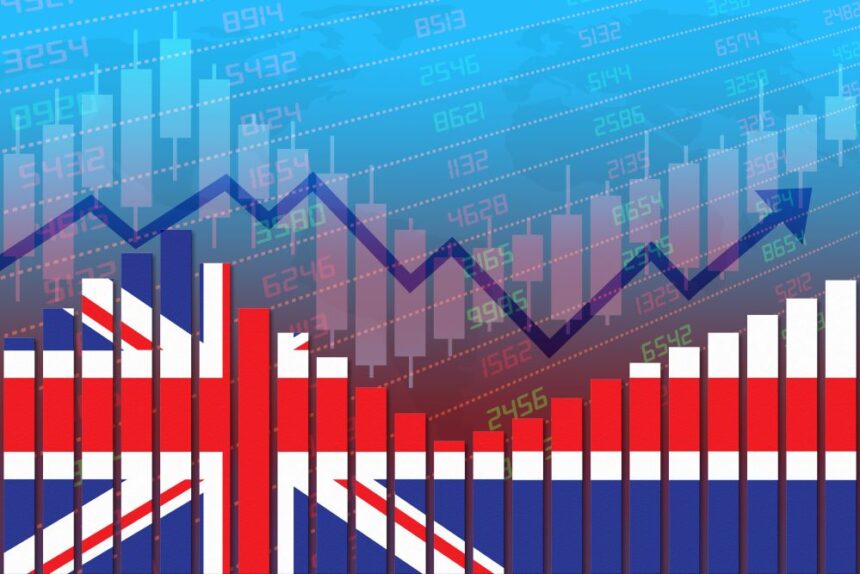It’s been an unpredictable year for the UK economy in 2025, but this week brought a rare set of positive developments. Three key indicators – stronger-than-expected retail sales, improving consumer confidence, and lower electricity prices – have sparked cautious optimism among economists and market watchers.
Retail Sales Surge Unexpectedly
The Office for National Statistics reported that UK retail sales rose by 1.2% in April, surprising many analysts who had predicted a decline due to global trade tensions. Economists were expecting a weaker performance, but sunny weather and a later Easter may have contributed to a surge in shopping activity.
Rob Wood, Chief UK Economist at Pantheon Macroeconomics, remarked, “Well now, that challenges the idea of a cautious consumer.” He acknowledged the results could be slightly overstated due to seasonal adjustments but credited the sunshine for boosting activity.
Consumer Confidence Grows in May
Adding to the positive mood, GfK’s Consumer Confidence Index showed an improvement in sentiment. This reflects growing optimism among households, which could lead to increased spending in the coming months.
JP Morgan’s Chief UK Economist Allan Monks noted, “With the household savings rate so high, a continued improvement in confidence has the potential to unlock further consumer spending gains.” He added that reduced inflation expectations and lower unemployment fears have helped build this confidence.
Electricity Prices Set to Drop in July
Further relief for households came from the UK energy regulator Ofgem, which announced that electricity prices would fall by 7% in July. This could mean monthly savings of around £11 for households, according to Ellie Henderson, economist at Investec.
This price cut is likely to free up disposable income, which may be spent in other parts of the economy, potentially lifting the overall UK economy in 2025 even further in the next quarter.
Mixed Views on Long-Term Outlook
Despite these encouraging signs, not all experts are convinced the positive trend will last. Capital Economics’ Alex Kerr warned, “The sun won’t shine on [Britain’s] retail sector forever,” pointing out that April’s strong retail numbers were likely weather-driven.
Others, like Berenberg’s Andrew Wishart, argue that the rise in spending may be more psychological than sustainable. “Depressed British consumers have resorted to retail therapy to cope with their economic and financial woes,” he said.
Wages and Growth Show Further Promise
Earlier this week, government data showed the economy grew by 0.7% in the first quarter, even as inflation rose to 3.5%. Meanwhile, average earnings have increased by 5.9% annually, giving households more purchasing power.
Janet Mui from RBC Brewin Dolphin commented that higher wages are outpacing inflation, boosting consumer spending. However, she warned that public finances remain under pressure, and more tax increases or budget cuts could be ahead.
What It Means for the UK Economy in 2025
The mixed signals suggest that while there is short-term relief, the road ahead for the UK economy in 2025 remains uncertain. High inflation, cautious wage growth, and global trade instability continue to pose risks.
Still, the latest data provides hope. If the upward trend in consumer confidence and retail activity continues, it could help sustain modest growth in the second quarter. Economists like Allan Monks are predicting a 0.6% annualised gain, provided consumer spending holds steady.
In a year where good economic news has been hard to come by, this week’s developments offer the UK a welcome moment of relief – and a potential path toward recovery.
If you like to stay updated with latest business news, then follow 10X Times News.






